Creating a national research centre for the legacies of Indian residential schools is part of the mandate of the Truth and Reconciliation Commission (TRC). The TRC has chosen the University of Manitoba to become the permanent host of the National Research Centre, where it will host the statements, documents, and other materials gathered by the TRC. What will happen to the stories of survivors and their families in Mi’kma’ki? Will we have to travel to Manitoba to access our records and archives? What supports exist to help us tell our stories to the next generation?
We believe the future Mi’kmawey Debert Cultural Centre (MDCC) can help to support the transfer of knowledge and experience to our children and grandchildren.
We also know that the need for healing and understanding our experiences, and the effects of our experiences will not end in 2015. The MDCC is working to create both healing opportunities and research projects that will allow survivors to continue their journeys of knowing and healing into the future.
In community meetings to date, survivors continue to have questions about the bare facts of their attendance (dates, staff, events), locating missing children, and the complexity of the on-going effects of the residential school.
Shubenacadie Indian Residential School Archives
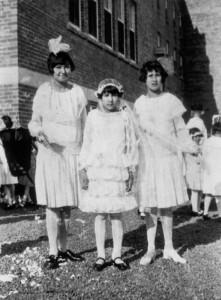
Elsie Charles, Cecilia Glode, and Hazel Paul at the Shubenacadie Indian Residential School, 1931. From the digital archive of Elsie Charles Basque, educator and IRS survivor. Image courtesy of Elsie Charles Basque.
The MDCC will have the capacity to preserve photographs, documents, objects and various other media formats that inform on the history of the Shubenacadie Indian Residential School. A small archives has been started by the project already. Several Elders on the Elders’ Advisory Council, who are IRS survivors, have submitted their documents, photographs, video files and other objects that record their lives.
Throughout 2013, MDCC IRS Legacy Project Coordinator Dorene Bernard and other MDCC staff have met and talked with survivors across Mi’kma’ki, giving presentations about the IRS Legacy Program and soliciting feedback from survivors and their families. Contributions and input from survivors and their families will be integrated into the IRS Legacy Program which will include the history, exhibits, archives and collection, as well as educational curriculum for students of all ages.
MDCC Archives
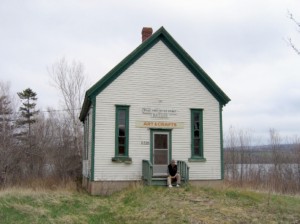
Doug Knockwood sits at the day school building in Newville Lake, recounting stories of the residential school and how it compared to the day school.
Here are some examples from the small MDCC archives. These examples include some of the earliest known images from the school taken with the camera of Elsie Charles Basque in the spring of 1931. (shown, above)
The archives also include historic documents relating to the admission and return of Doug Knockwood and his brother Ralph (shown, below). Both of these historic records are accompanied by videotapes of Elsie and Doug speaking about their experiences at the Shubenacadie Indian Residential School.
Videotaping has also been completed with other survivors, including Sister Dorothy Moore (Membertou First Nation) and Phyllis Googoo (Waycobah First Nation).
One of the principles we already employ is to work towards understanding the lives of survivors within their whole lives, rather than just focusing on the IRS. For example in the case of Doug Knockwood, we have worked to understand his home community of Newville Lake, where he grew up, his family history and the day school which he attended (shown, above right).
Go to other IRS Program section:
• IRS Legacy Program Curriculum Development
• Exhibits and Programs
Join the Discussion, Send a Comment
Are you an IRS survivor? A descendant? We would like your input into the development of the Mi’kmawey Debert Cultural Centre IRS Legacy Program. What could the MDCC do to share and preserve the legacies and histories of the IRS survivors? What do you want your grandchildren to know about your life and your generation? Please let us know.
We would like to thank all participants of our MDCC IRS Legacy Project Community Gatherings, who shared stories and input. We look forward to hearing from you again.
There were many survivors and family members who indicated during our gatherings that they would like to submit their contributions of pictures, stories, art and their profiles to be included within the exhibit and collections. There are many who could not be at our community gatherings and we welcome and invite those who would like to contribute to the IRS Legacy program to contact us.
- Post a public comment, or just browse the discussion below
- Would you rather send the MDCC a private comment? Contact Tim Bernard, Director of History and Culture, at tim@cmmns.com
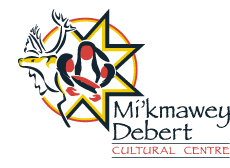

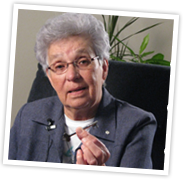
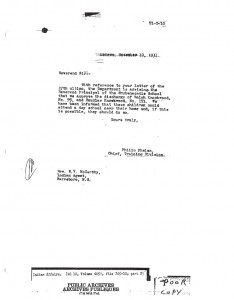
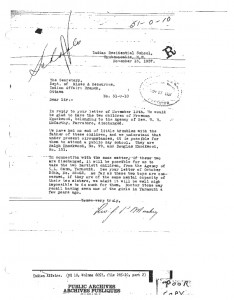
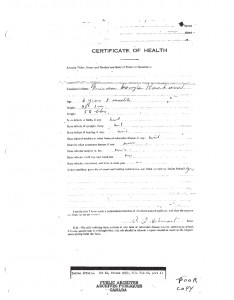
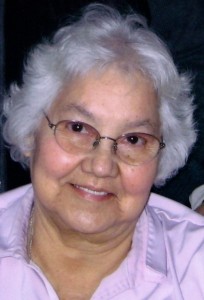
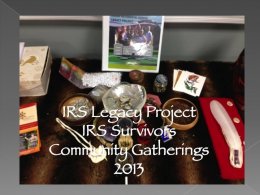
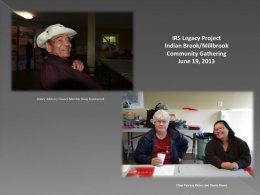
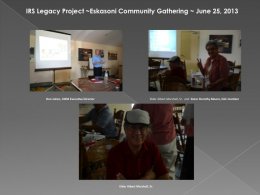
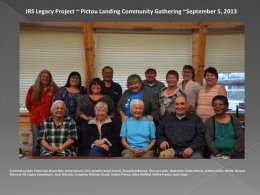
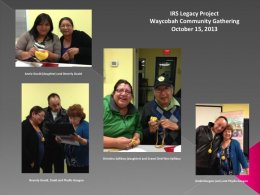
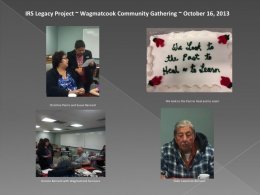
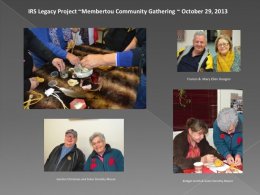
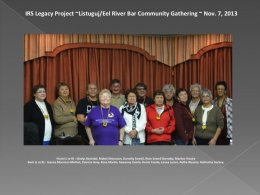
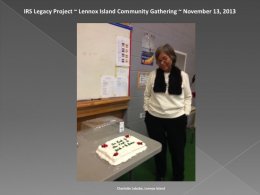
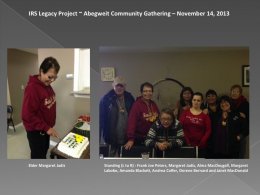
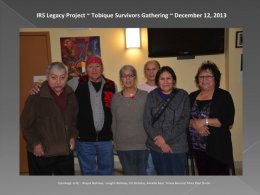
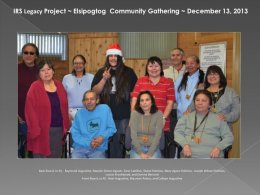
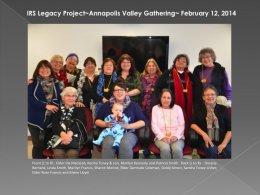
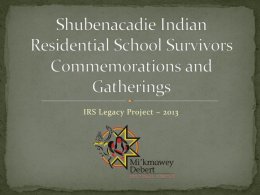
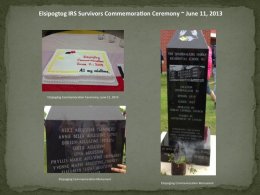
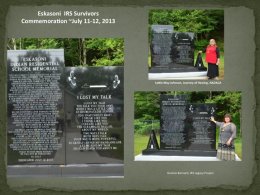
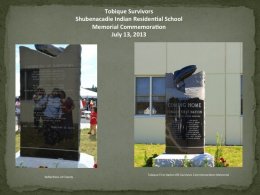
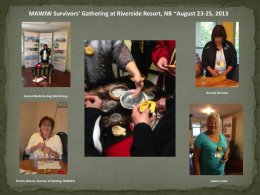
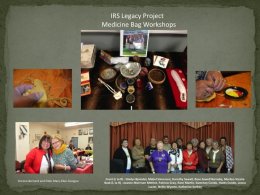
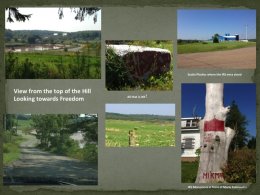
 sharing our stories
sharing our stories
Hello
I am {}. My father is a Mi’kma from New Brunswick Eel Ground Band and he indicated in past conversations a residential School survivor. Since there were no IRS in New Brunswick I am trying to find where I can ask for archives from his time served at Shubenacadie Indian Residential School.
he was born in 1932 and spoke about escaping but getting captured from an early age although he spoke more about this to his son in law (my husband) than to me. This leads me to believe it wasn’t at the Indian Days School.
Hello B,
Wela’liek for sharing your father’s experience with us. Your best bet would be to start your search at the National Centre of Truth and Reconciliation. We hope this helps and that you are able to find the answers you are seeking.
The MDCC Team
How would I find out if my family went to this school? My grandfather spoke of residential school when I was young, but I was too young to question it, and now he is gone.
Hello Candace,
Your best bet would be to look at the National Centre for Truth and Reconciliation for records of your family. We hope this helps and that you find the answers you’re looking for.
The MDCC Team